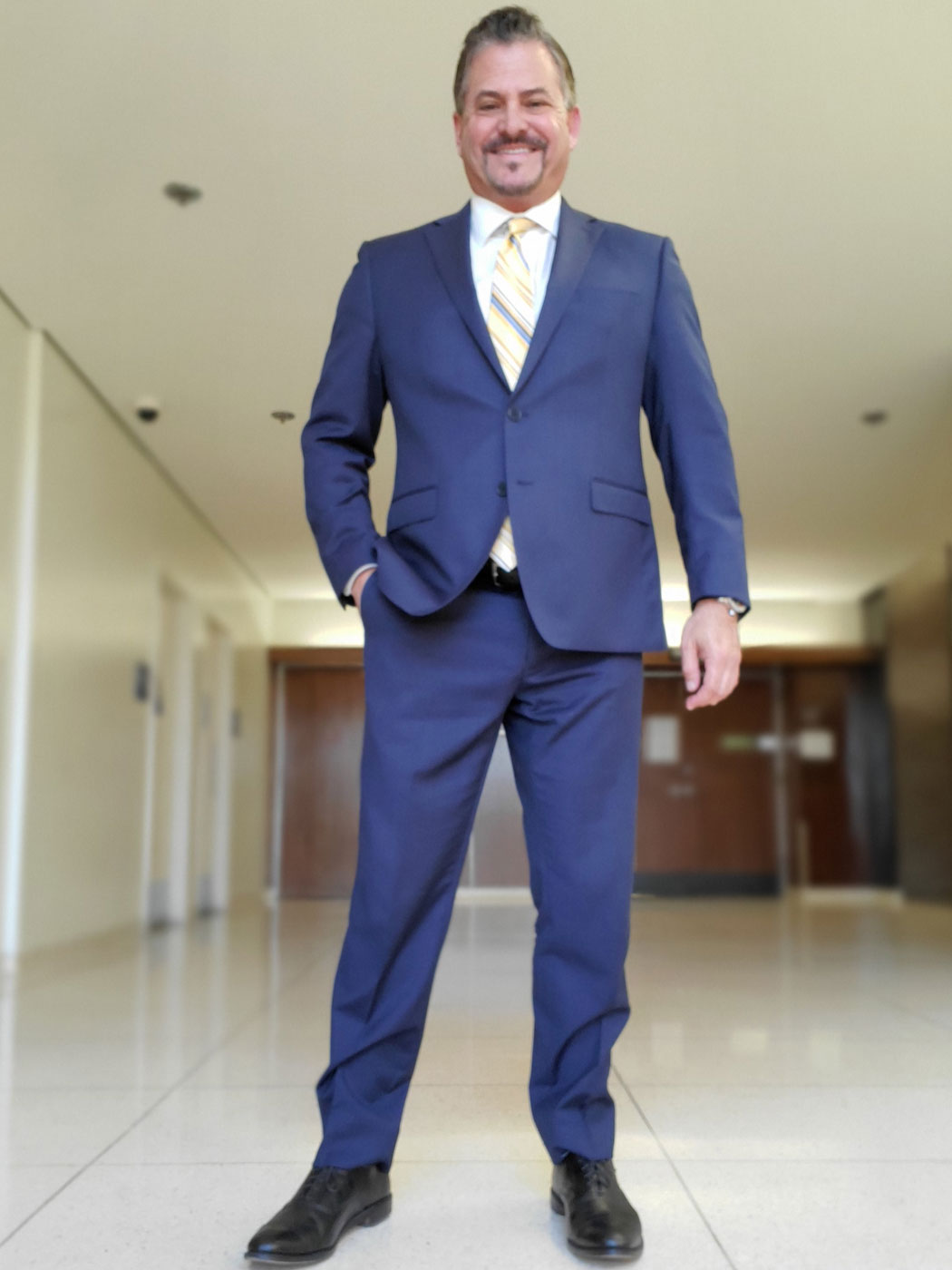Lawyer For Juvenile Dependency Hearings In Orange County California
The child dependency process for anyone can be a stressful and traumatic experience. It is important to identify a Orange County criminal defense attorney who understands how these juvenile dependency hearings work and what to do in order to protect yourself if you are currently facing one. In many cases, the most appropriate place for a child to be is with their own family, so long as the child is cared for and is relatively safe. The complex court process is overwhelming for many people who are facing the child dependency system for the first time. You need a lawyer who is committed to helping you through the court process for dependency and fighting to protect your role as the primary caretaker of the child.
Juvenile Dependency Starts with Social Services
The child dependency process starts with Social Services. When Social Services has been notified about alleged neglect or abuse of the child, this triggers an investigation such that an emergency social worker evaluates the situation and determines whether the child is in a safe environment. The child could be taken from your custody pending the outcome of this evaluation. Having a child removed from your home can easily be a very traumatic and painful experience. You need an attorney who will help to stop your child from being removed from your home.
Detention Hearing and Juvenile Dependency
If the child is removed from your home, your first court hearing is scheduled immediately, known as the detention hearing. You will be informed of the time and date by the authorities. The court will determine whether or not the child is eligible to come back home with you or whether or not it will remain the court’s dependent. At this detention hearing, you will be given the chance to deny or admit any allegations of neglect or abuse.
The judge looks at the facts of the case at that time and determines what living situation is best for the child. If the court determines that it would not be in the child’s best interests to go back to your custody, the court can then put the child in foster care or a relative may step in to take care of the child. It is critical that you share information with your attorney about any of your own relatives who may be able to step in and care for the child if the court determines that you will not be able to bring the child back with you.
Jurisdiction Hearing and Juvenile Dependency
If the child is not returned to you at the end of the detention hearing, you are given the opportunity for a jurisdiction hearing. This is your official opportunity to answer to any abuse allegations alleged against you. The judge determines whether or not the allegations against you are indeed true. You need a knowledgeable child dependency lawyer who can help to convince the court that the child’s best interest will be served by staying within your custody. After the jurisdiction hearing, if the judge identifies that the child is not able to come back to your home, a child dependency disposition hearing is scheduled for 10 days from that point. The court will usually use what is referred to as a proposed reunification plan for you and your child. This lays out when you and your child will be eligible to be brought back together if you meet particular requirements.
Six Month Review Hearing
A six-month review hearing is scheduled after accepting the reunification plan. This process is lengthy, complex, and often frustrating. During the six-month review hearing, for example, the court will review the progress you have made with regard to the unification plan.
If you have fixed the issues that caused the child to be taken from your primary custody, the child may be able to go back to your care. If not enough progress has been made, however, a 12-month review hearing is set up. If the court at that point still determines that it is not in the child’s best interest to go back to your custody beyond that 12-month hearing, a permanency hearing is held to determine a permanent location for the child to live. The goal of the court during this period is to identify a permanent home for the minor. If they previously determined that the child should not go back to your custody, they may decide that a relative can take permanent care or that the child stay in permanent foster care.
Get Juvenile Dependency Legal Help Today
If the court opts to terminate parental rights, an implementation and selection hearing is held. The court can then seek to have a separate legal guardian established for the child or to have the child adopted. Obviously, these issues are extremely complex and require the insight of a knowledgeable Orange County criminal defense attorney. There is a lot on the line for your relationship with your child as well as your future, so you should take these allegations seriously and respond to a lawyer who cares.






